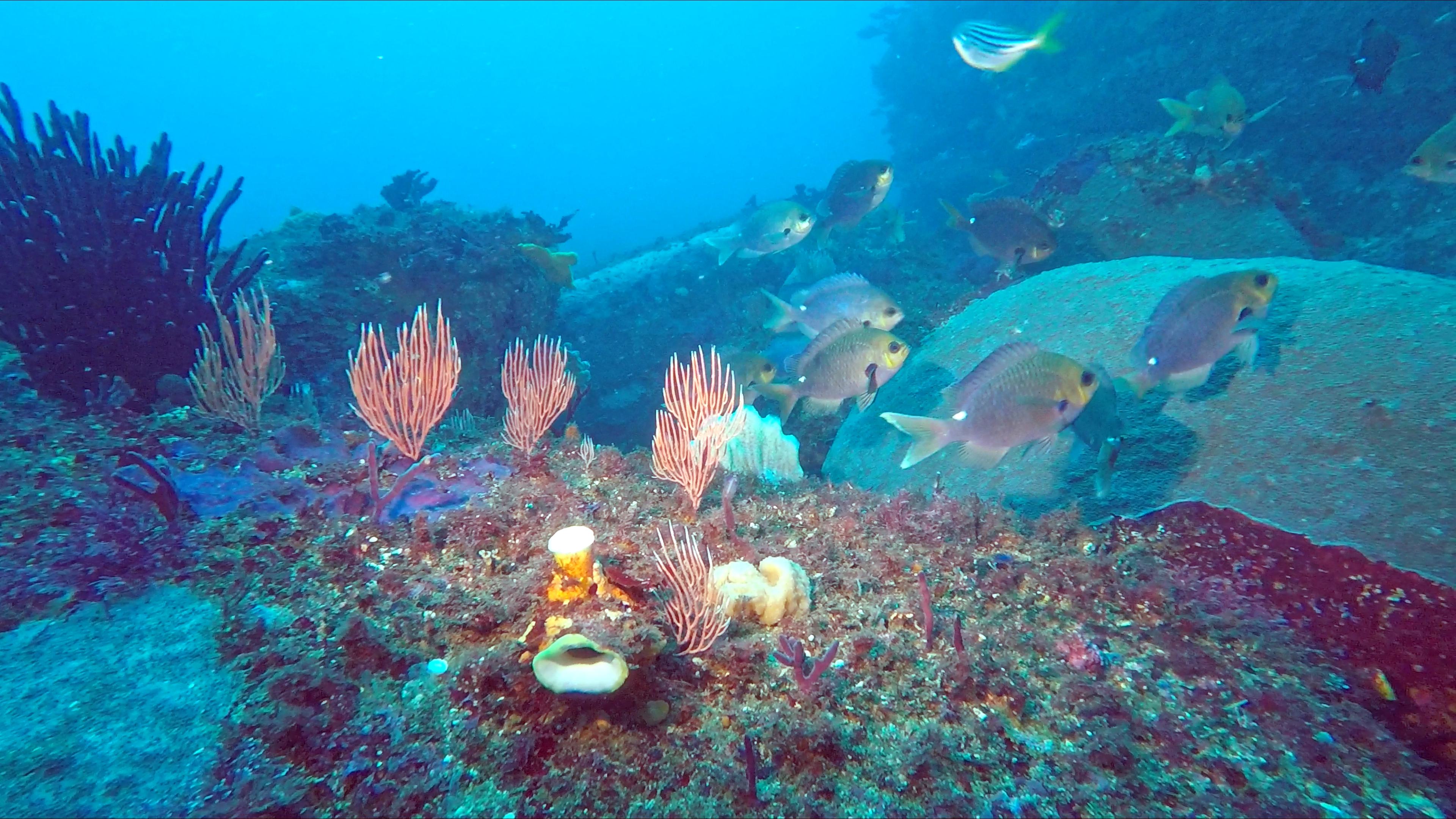Hello Fish: waiting for the water to clear
To say it’s been a crappy summer for snorkelling and diving is somewhat of an understatement. As I write this contribution, it’s been raining for days, which will make the water filthy along the entire coast for some time to come. All summer the...

To say it’s been a crappy summer for snorkelling and diving is somewhat of an understatement.
As I write this contribution, it’s been raining for days, which will make the water filthy along the entire coast for some time to come. All summer the intermittent rain and the persistent north-east swell has made opportunities to get into the water rare indeed.
Is all this rain bad for the marine environment? Absolutely not. There is a saying amongst fishermen that a drought on land is a drought in the water. For many species of fish and shellfish (like prawns) there is a strong and positive relationship between rainfall and catches, but this relationship may take a few years to become apparent.
For prawns the catch is higher during periods of large river flows to the sea and this effect may be seen within weeks as prawns are pushed out of the estuaries to the sea.
Rivers also supply a lot of nutrients to the coastal zone and these are important for fish and prawn larvae. For some species of fish, which may be several years old before they are old enough to be caught, the benefits of high river flows may not be seen for years.
But the effects of dry and wet may be driven in other ways. During dry times the distribution of some species will shift. Some may contract their range in the estuaries and this reduces habitat availability and thus populations. Others may benefit.
Biological productivity is often linked to changes in the environment. Where the environment has regular seasonal changes and occasional major changes, productivity is highest. The cycle of wet and dry helps sustain coastal rivers, which is why fishermen commonly oppose major dams as these dampen the cycles and reduce the productivity.
The La Nina that is making us all wet will have some lasting benefits for many species of fish and prawns. Once the water cleans up and the swell settles down it will be time to go and see for myself.





